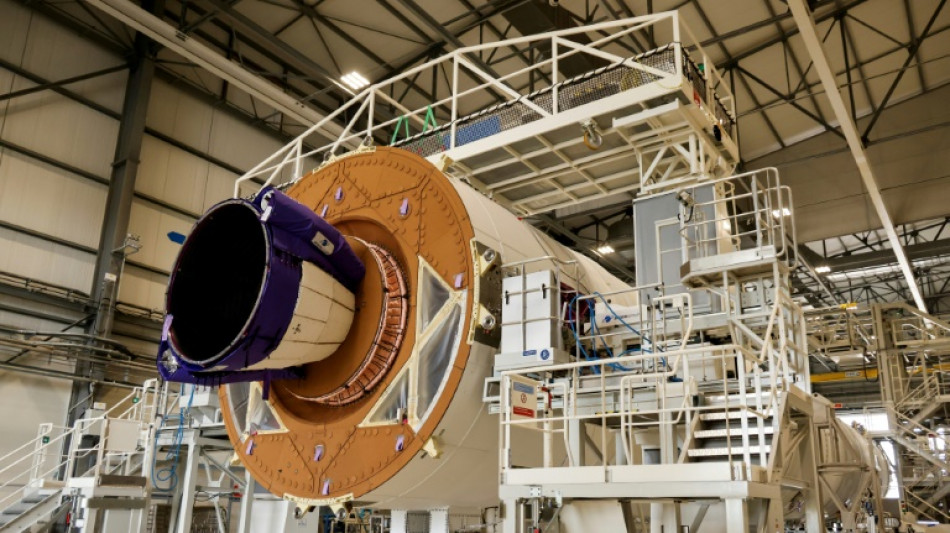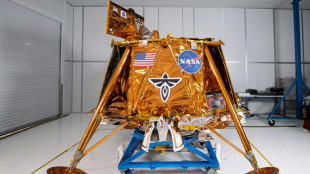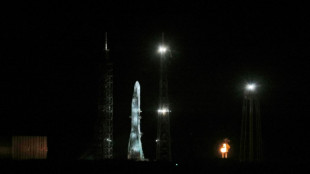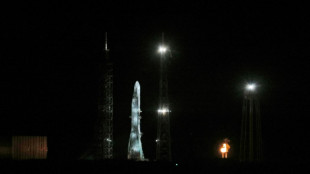

Europe's long-delayed Ariane 6 rocket set for July 9 launch
The next-generation Ariane 6 rocket, a crucial programme for Europe's space ambitions, is due to lift off on July 9 following years of delays, the European Space Agency said Wednesday.
The launch will take place in Europe's spacesport in Kourou, French Guiana, which borders Brazil.
The inaugural flight was originally planned for 2020, but the Covid-19 pandemic and repeated technical issues have kept it on the ground, depriving Europe of an independent way to send heavy missions into space.
Another setback came in 2022 when the first commercial flight of a lighter launcher, Vega-C, failed.
"We are getting out of the launcher crisis, we are getting back in the game," ESA chief Josef Aschbacher told AFP in a telephone interview from the Berlin air show.
German Chancellor Olaf Scholz said he was delighted that Europe could witness "a great moment in aerospace" after "10 years of hard preparatory work".
Ariane 6's workhorse predecessor, Ariane 5, blasted off for the last time in July 2023 after 27 years of launches.
"I am glad to announce that the first launch attempt will be on July 9," Aschbacher said at the air show.
The rocket's central core was moved to the launch pad in April in preparation for the launch.
Philippe Baptiste, head of France's CNES space agency, told AFP: "The program was delayed, we all suffered from it, but it is Europe's return to space access and we are confident about the date."
Europe is aiming to keep up with rising competition in the rocket market, but Ariane 6's expendable design stands in stark contrast with the reuseable vehicles made by Elon Musk's SpaceX.
Aschbacher said Ariane 6 was the same class of heavy rocket as SpaceX's Falcon 9, though he acknowledged the key difference between the two vehicles.
"Reusability is something we have to work on, it will be for the next generation," Aschbacher told AFP.
- 30 missions -
The Ariane 6 rocket's upper stage is powered by an engine that can be reignited to deliver several satellites in different orbits during the same flight.
The launch "will pave the way for commercial operations and a significant ramp-up over the next two years", said Martin Sion, chief executive of ArianeGroup, the rocket's main contractor.
"Ariane 6 is a powerful, versatile and scalable launcher that will ensure Europe's autonomous access to space," Martin said.
It already has an order book of 30 missions, said Stephane Israel, chief executive of launch service provider Arianespace.
"We are preparing to make Ariane 6's second launch by the end of the year, followed by a steady rise to around 10 launches a year once we reach cruising speed," he said.
R.Michel--JdB



